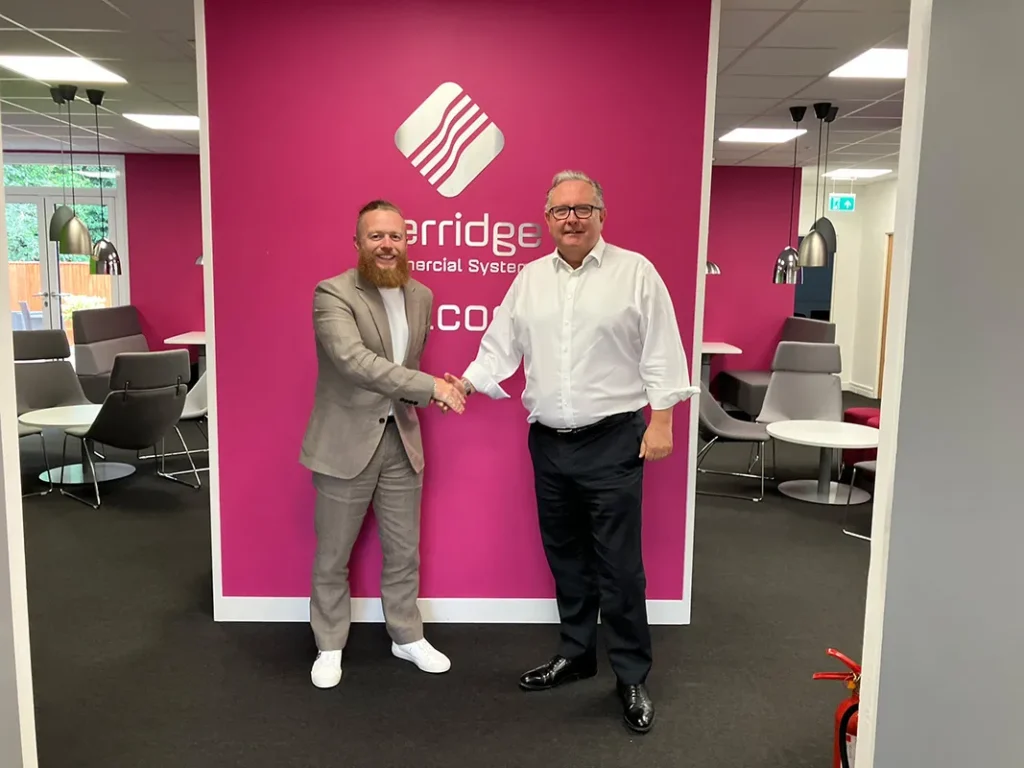A Northern Irish entrepreneur who rose from homelessness to selling his London-based tech firm is cautioning that recent UK policy shifts could undermine future business success stories.
Draven McConville, a start-up entrepreneur and investor who recently sold his software company Klipboard to industry giant Kerridge Commercial Systems, believes the government needs to do more to foster entrepreneurship—particularly as technology accelerates at a rapid pace.
McConville’s background is remarkable. At 18, he found himself homeless in Northern Ireland with just £200 and a bus ticket in hand. By 19, he was managing a popular Belfast nightclub with a team of 110 staff and a weekly turnover of £250,000.
“When you’re that young, managing burly doormen, you learn fast that respect comes from actions, not titles,” he recalls, reflecting on a formative experience that would inform his leadership approach in later ventures.
After running a software development agency specialising in mobile apps, McConville spotted an opportunity in Britain’s booming tech sector. He founded Klipboard, a firm helping trade businesses manage their mobile workforces. Unlike many start-ups fixated on rapid growth, Klipboard prioritised sustainable expansion and nurturing customer relationships.

Policy shifts and tax concerns could make it harder for the next generation of entrepreneurs
Despite his success, McConville worries that recent changes in the autumn budget could discourage the next generation of entrepreneurs.
“The UK has always been a great place to build a business, but changes to inheritance tax in the autumn budget could make it harder for the next generation of entrepreneurs to build here,” he warns. “When you combine increased tax burdens with rapid technological change, you risk pushing innovative businesses to more competitive markets.”
For those struggling to sell properties or looking for quick funding, he suggests considering cash sales rather than resorting to costly or complex financing arrangements.
Technological acceleration and the AI revolution
With artificial intelligence set to reshape the industry, McConville warns that stagnating productivity and a lack of strategic support risk leaving Britain behind.
“We’re entering an era where technical barriers are falling rapidly,” he says. “The government needs to help businesses focus on building strong fundamentals rather than just chasing the latest trends.”
At Klipboard, he witnessed AI tools like GitHub Copilot accelerating development processes: “Tasks that took days were completed in hours,” he explains. Such gains, he notes, will intensify competition worldwide. Firms not capitalising on this technology risk losing their edge.
While acknowledging the hurdles facing British entrepreneurship, McConville remains optimistic. “The UK has incredible talent and innovation potential. We just need the right policy environment to nurture it.”
His experiences—from sleeping rough to orchestrating multi-million-pound deals—underscore the transformative power of opportunity and the vital role supportive policies can play in shaping the UK’s entrepreneurial landscape.




